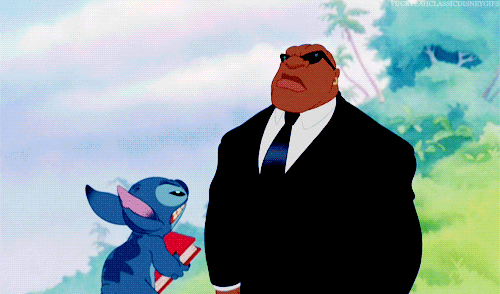 |
Today's topic: What'll make you not finish reading a book?
Yup, we went to town in the comments.
As Heidi-come-lately, I weighed in with my opinion at the very end, as I'm 12 hours out from everyone else. I thought I'd expand on those thots here. Also, I would like to know what would make you put down a book?
Some of us readers are die-hards. Once we start a book, we are committed to finishing it. (I was once like that, then I got old.) For most of the rest of us, we realise that life is too short to waste on books that simply aren't doing it for us. I have no compunction over not finishing a book if it's not working for me.
Things that'll make me put a book down:
- Voice'n'style that's difficult to read (including too many grammar/spelling errors--common in indie books published before their time, alas). I love a voice with rhythm and pace, something that carries me along. It's got to have a certain cadence.
- Too many swear words. Swear words are powerful, especially the F-bomb. That's why they're used as swear words. Because of their strength, I feel their use needs to be limited. If a text is peppered with them, it throws off the power balance and ruins the tension of the scene for me. But the occasional one, placed for best effect, in my opinion, works very well.
- Unlikeable characters. Why on earth would I want to know their story? If I find a character unlikeable, I don't want to spent too much time in their company. And that may mean putting down the book for good.
- Rape scenes, more for the unlikeable character aspect, rather than the violence (though that is also a big factor). A rapist is a pretty nasty character. Why would I want to spend company with him or have to cope with the emotional devastation he's racked on his victim(s)?
- Sex scenes that don't have significant impact on the plot. I know, I know, I'm a Romance author, but sex scenes for titillation's sake just doesn't do it for me. If a sex scene furthers the plot, I'm okay with it. (Currently, I have no sex scenes in any of my Romance novels, but have a few in my Fantasy novels, and they do serve to forward the plot.) I will skip through some of the more graphic sex scenes in Romance novels as I tend to find them dull. If the novel is mostly sex scenes and the plot or characters aren't working for me, I'll put it down.
- Lack of optimism--One of the reasons I refuse to read most literary novels. I've encountered far too many that are all doom'n'gloom with no light at the end of the tunnel. If I'm reading any book (regardless of genre) and it's not got any hope or light or hint of positivity, I'll give up. I read for escapism. I've got enough grief in my life; I don't need to add to it through fiction.
- Pacing too slow. Ain't nobody got time for that. I like my fiction groove to moove.
- Dull plot with no other redeeming characteristics. I love plot. If you don't have a good enough plot, and you don't have anything else to make up for it, it's bye-bye.
I recently read an indie author who had a hooky voice'n'style and appealing characters, but was absolutely hopeless when it came to plot. I read to the end, but felt disappointed in the tepid plot arc. As his voice was a MAJOR redeeming feature for me, I attempted another of his novels. This one was more character-based, and worked better. Still, I believe he could have been one of our literary greats, if it wasn't for his appalling plot skills. So sad.
_________________________________________
Her Grace wants to know what will make you put down a book?

